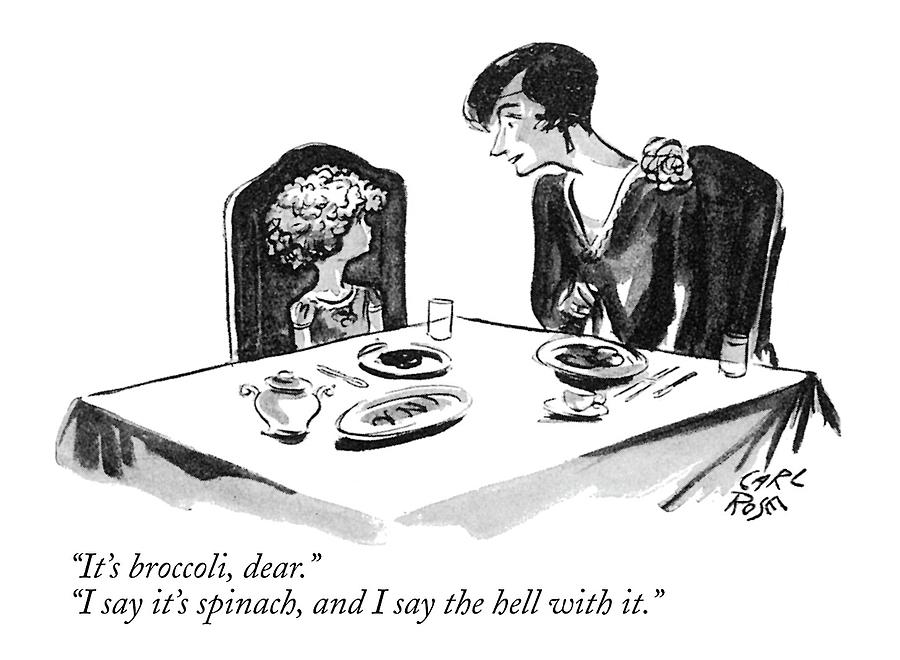Not Just A Side
Yes, today is Father's Day. But did you also know it's Eat Your Vegetables Day? Notice there's no day that reminds you to eat your hot dog or your ice cream.
I don't know where the holiday comes from, or even how long it's been around, but it seems to be good advice.
There are lots of ways to prepare vegetables. A common way is to simply steam them, which is not too exciting. On the other hand, putting a butter-based sauce all over them is probably a lot less healthy.
There is a scientific difference between fruits and vegetables which I once knew but have long forgotten. Yet I can feel the difference, and I'm sure you can, too. I've been told that, technically, the tomato is a fruit, but I don't care what they say, it's a vegetable.


4 Comments:
A "fruit" is the part of a plant that contains seeds.
(If humans have deliberately bred the plant so that it doesn't produce seeds, the part of the plant that normally would contain seeds is still called a "fruit". For example, a seedless orange is still a fruit.)
Most fruits are sweet, or sweet-and-sour. Tomatoes, cucumbers, bell peppers, olives, and bean pods aren't sweet, so most people don't call them fruits, but they are fruits nonetheless.
A "vegetable" in the broad sense includes every part of a plant. In the narrow sense, it includes the edible parts of a plant excluding the fruit -- which typically means leaves, stems, and roots.
“Knowledge is knowing that a tomato is a fruit. Wisdom is not putting it in a fruit salad.”
– Miles Kington
Peanuts?
Had to look that one up!
Peanuts are fruits -- indeed, the entire thing (peanut plus shell) counts as a fruit. The same applies to walnuts, almonds, etc. -- they and their shells together constitute a fruit.
And to make things even weirder, there are two definitions of "nut". The broad definition includes any seed/pod combination where both the seed and the pod become hard when they mature; by this definition peanuts are nuts (but peas are not, even though they are closely related). The strict botanical definition of "nut" requires that the seed and the pod not separate naturally even when they fall from the tree; by this definition, peanuts, almonds, pecans, and pistachios are not nuts -- but hazelnuts, and acorns, and chestnuts are.
Post a Comment
<< Home